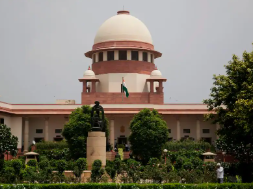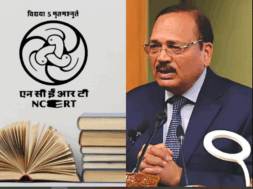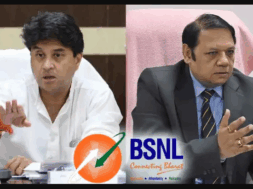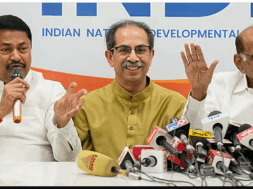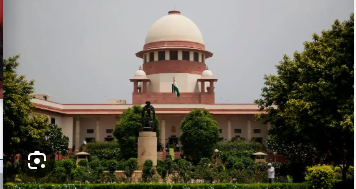
NEW DELHI, Dec 9: The Supreme Court on Monday orally observed that reservation must not be based on religion.
The apex court was hearing a petition filed by the West Bengal government challenging the Calcutta High Court’s judgment striking down its policy to include several castes, largely Muslim communities, in the State’s Other Backward Classes (OBC) list.
The Calcutta High Court had concluded that religion was the “sole criterion for declaring these communities as OBC.” It had found the “selection of 77 classes of Muslims as backwards an affront to the Muslim community as a whole.”
Senior advocate Kapil Sibal, appearing for the State with advocate Astha Sharma, said the criterion for including Muslim communities in the OBC list was based on backwardness and not religion. The Bench of Justices B.R. Gavai and K.V. Viswanthan scheduled the case for a detailed hearing on January 7.
In an earlier hearing, the top court had asked the State to clarify the nature and scope of the survey undertaken to identify the social and educational backwardness of these communities and their inadequacy of representation in the State public services which warranted their inclusion in the list.
The court had asked the State to respond to allegations that no meaningful consultations were held by the State with the West Bengal Backward Classes Commission before the designation of these communities as OBCs. The court had also asked West Bengal to include details of whether consultation was done while sub-classifying these castes for the purpose of reservation.
“The State shall clarify the nature of the survey and material in its possession which led to the inclusion,” the apex court had said.
The High Court judgment had impacted five lakh OBC certificates issued in the State since 2010. The High Court had however clarified that its judgment would not impact individuals who had already secured employment using the OBC certificates issued since 2010. It had struck down portions of the West Bengal Backward Classes (Other than Scheduled Castes and Scheduled Tribes) (Reservation of Vacancies in Services and Posts) Act, 2012.
Among the Sections nullified were Section 16, the second part of Section 2(h), and Section 5(a) of the Act, which distributed reservation percentages of 10% and 7% to the sub-classified categories. Consequently, the sub-classified categories OBC-A and OBC-B were removed from Schedule I of the Act.
(Manas Dasgupta)
